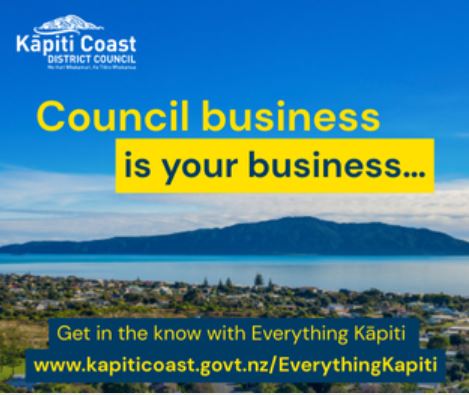
By Gwynn Compton
Following along with the events that unfolded at last week’s LGNZ SuperLocal conference, I’ve been struggling to coalesce my thoughts on what it all means for local democracy. I’ve drafted a few posts and scrapped them because I thought I was being too negative, too pessimistic about what’s on the cards for councils. Hell, I nearly even scrapped this one. But in my inbox this week was a great post titled “Responsibility Without Power: Local Government’s Dilemma” from former TOP candidate and current PhD student Natalia Albert that got to the core of where my thinking was at and it’s well worth a read.
Albert touches on several important things I noticed during my time both as a councillor and as an interested participant and observer in local democracy. Whether it’s questions about scope of responsibilities, trust issues, or who has and wields power, fundamentally neither central or local government truly understand or have respect for the other partner in this lopsided relationship nor their democratic mandates and expectations from the overlapping constituencies they serve.
This isn’t an experience necessary unique to the current National-led Coalition Government either. We saw with the previous Labour-led Government’s attempts with Three Waters, their now defunct Resource Management Act reforms, and the Future for Local Government Review that there was significant pushback from the sector on these too. I witnessed this first-hand during my triennium on Kāpiti Coast District Council.
Just like what’s happening now, councils back then felt like they were being railroaded into a future where the ability of local government to shape their communities was going to be severely curtailed. As the title of Albert’s article states, the Coalition’s current reform programme means local government is being left with all the responsibility but very little of the power. Or as I usually put it: none of the fun, most of the problems, and all of the blame.
While Labour sought to regionalise and centralise what they saw as local government’s problem areas, National’s approach is to narrowly prescribe what councils can and can’t do and as a result look set to restrict their revenue and decision-making powers accordingly.
There is a difference in the style of politics deployed by National and Labour. While National has made a habit of routinely scolding local government, Labour’s more softly softly approach was still in aid of reaching the same general endgame of a greatly denuded local government sector.
Whether you agree or not with the rationale or the specific reforms each respective party put forward, the net effect would’ve been broadly the same – a local government sector with a greatly reduced scope, greatly reduced financial freedom, and a greatly reduced ability to meet the needs of the community. For all their hype, the new financial tools National touts as having offered local government barely scratch the surface of what’s needed.
It’s why I’d struggle to encourage anyone to stand these local government elections. Your ability to influence the shape of your community is being rapidly curtailed to the point that you’re essentially being set up as a punching bag between the actual decision-makers in central government and the delivery on the ground through local government. This was similarly the case in 2022 when I decided to not stand again with the writing on the wall then for an increasingly small local government which made my decision much easier.
Don’t get me wrong. There’s still the ability to make some difference and councils will, as they did the last time National tried to reign in the sector, do as much as they can to keep supporting their communities by using very broad interpretations of the new legislation.
Not only that, but being an elected representative in local government gives you a great platform for advocacy more generally on issues you’re passionate about. Despite only being a first-term councillor, I managed to play a leading role in advocating for things like local government reform, improved transparency and accountability mechanisms, and regional transport issues.
Obviously times will change and riding out these tough years as an elected member would hopefully put you in the box seat for if and when a change of government might expand the remit of councils once more. However, given both the personal and professional opportunity costs of standing for and serving as a local government elected representative, I honestly wouldn’t recommend it for at least this triennium.
And that makes me sad because I love local government. I believe it’s the level of government where you can make the most immediate and impactful change for the communities you live and work in, but that’s about to become a whole lot harder once the Coalition’s reform package is in place.
By Gywnn Compton from Local Aotearoa – Gywnn is a former Kāpiti Coast District Councillor and is a regular writer on issues relating to central, regional and local government.
For more see: https://localaotearoa.substack.com/



















































